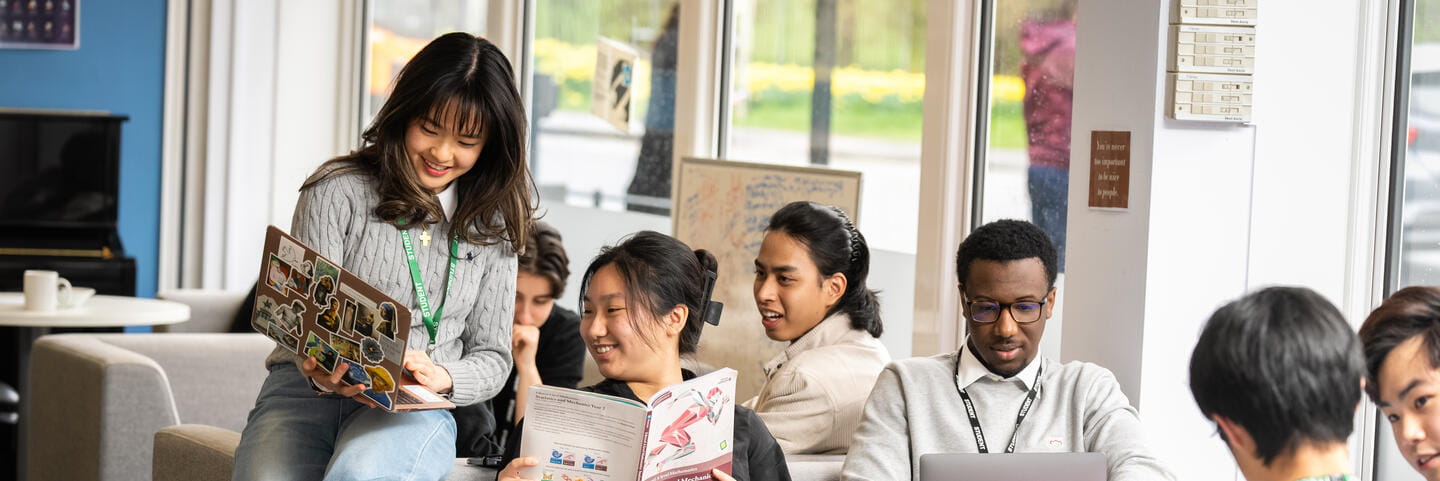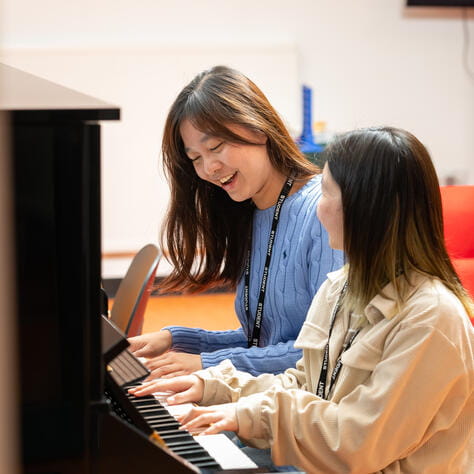We use cookies to improve your online experiences. To learn more and choose your cookies options, please refer to our cookie policy.
Learn about our pastoral care, guardianship, and all essential pre-arrival information.


Before your arrival, you will be sent an updated Pre-Arrival Guide, which contains all essential information and a useful checklist of all things to do before your departure.
Upon arrival, you will also be handed a comprehensive student handbook with full details on all aspects of the college and in Oxford.
Before arriving in the UK, the following must be completed:
Visa students are issued an initial 30-day entry permit in their passport which enables them to enter the UK. The actual visa, in the form of a Biometric Residence Permit (BRP), will need to be collected on arrival in the UK.
The BRP is a plastic card with a microchip that gives permission for students to remain in the UK for the rest of their course and is needed for accessing the National Health Service (NHS) or to register with the police (if required).
We highly recommend that you use the College’s unique ACL code on your Tier 4 application form so that your BRP card will be sent directly to the College for you to collect. In the section ‘Biometric Residence Permit (BRP) Collection’, enter the ACL code in the ‘Alternative Location’ field: 2LR327.
Your card will be delivered to Oxford International College, 1-5 London Place, Oxford OX4 1BD.
Moving to a new country or even relocating within the UK is daunting at any age. You are never quite sure what to expect and for students coming from overseas, some aspects of living in the UK may seem very different at first. The OIC staff will help you settle in and will be there for you through all aspects of the transition.
Oxford is centrally placed in Southern England, approximately one hour by train to both London and Birmingham. The Oxford bus station is located at Gloucester Green and the train station is located just off the Botley Road, to the west of the city centre. It takes less than 30 minutes to walk from either station to the College. Cities, towns and villages are linked by either coach services or by trains. Journeys by coach are less expensive than the train, but tend to take more time.
The Oxford Bus Company operates a route called the Oxford Tube, with buses to and from London Victoria Coach Station up to every 10 to 20 minutes, 24 hours a day. The journey takes approximately 1 hour and 40 minutes. Fast trains operate between Oxford and London Paddington station regularly and the journey takes about 50 minutes. Oxford’s new train station, Oxford Parkway, runs services to London Marylebone





